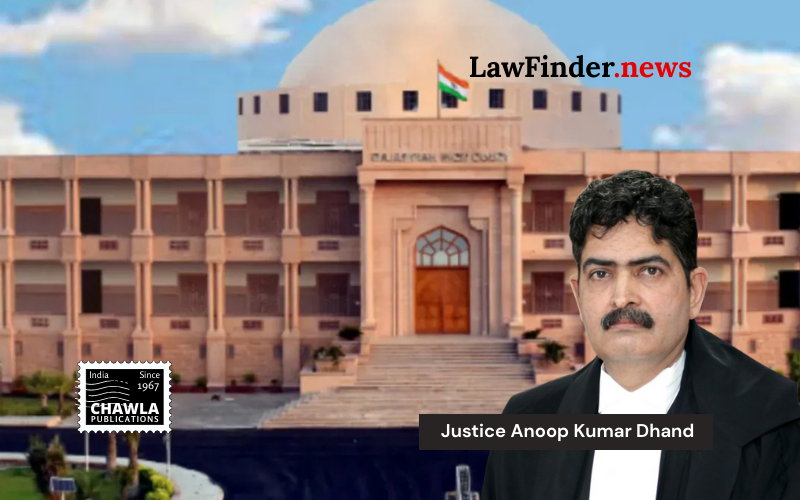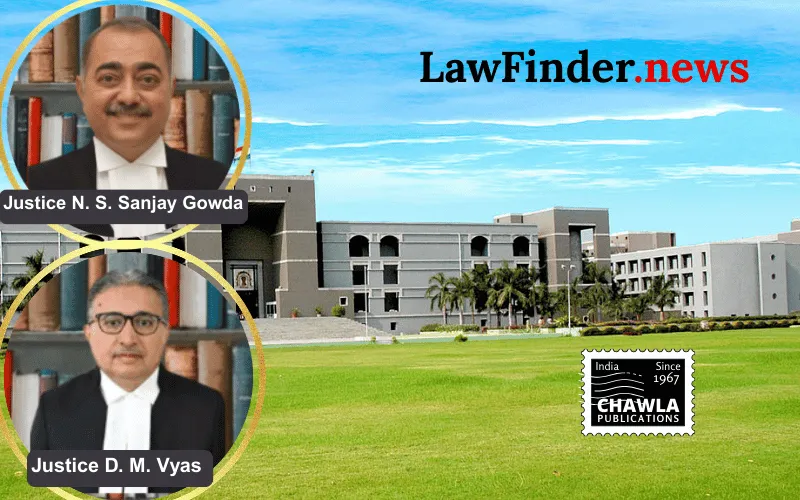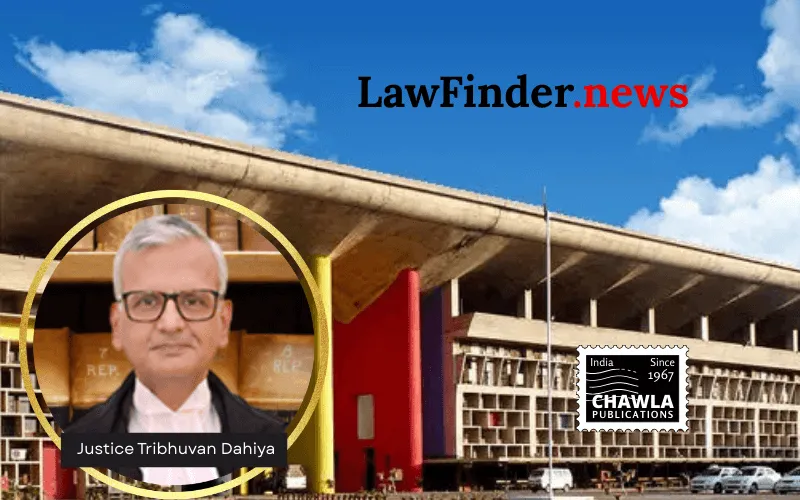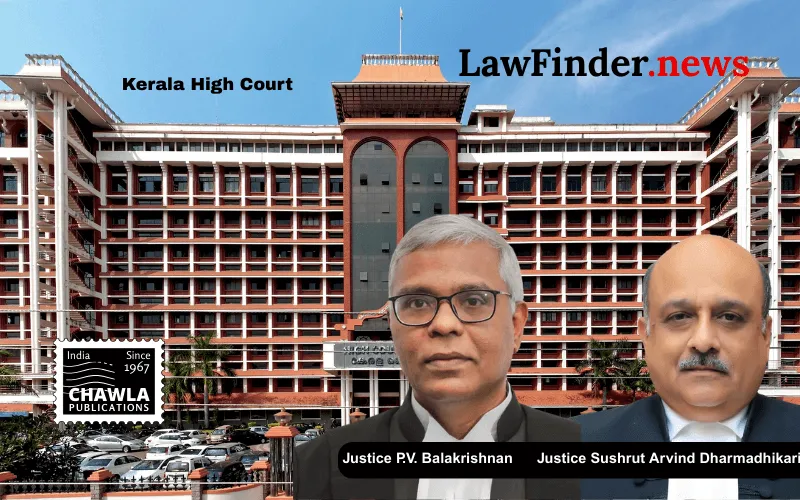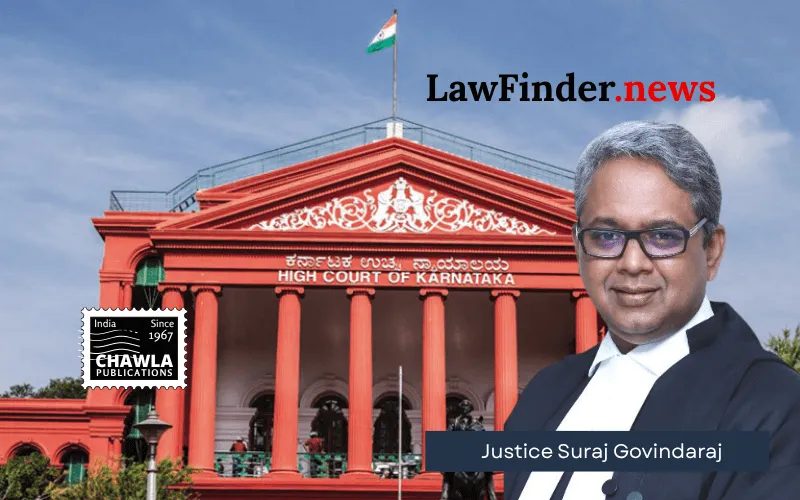Court Condones Minor Delay, Emphasizes Substantial Justice Over Procedural Technicalities
In a significant ruling, the Rajasthan High Court, Jaipur Bench, has quashed a Board of Revenue order and reinstated an Assistant Collector's decision to set aside an ex-parte decree against Arjun Lal @ Prahlad and others. The High Court emphasized that substantial justice should prevail over procedural technicalities, particularly when the delay in seeking remedy is minor and justified.
The case arose from a revenue suit where an ex-parte order and decree were passed against the petitioners due to their absence, attributed to illness. The petitioners, upon learning of the decree, filed an application under Order 9 Rule 13 of the CPC for setting aside the decree and later submitted an application under Section 5 of the Limitation Act to condone a six-day delay.
The Assistant Collector, agreeing with the petitioners’ reasons for delay, set aside the ex-parte decree. However, the Board of Revenue overturned this decision on technical grounds, citing the delayed filing of the Limitation Act application. The High Court criticized this approach, highlighting that the delay was minor and adequately explained in the initial application.
Justice Anoop Kumar Dhand, presiding over the matter, underscored that the objective of limitation rules is to ensure timely remedies, not to obstruct justice. The court reiterated that superior courts should not interfere with trial court discretion unless it is exercised arbitrarily or perversely. The decision restores the Assistant Collector's order and directs a swift resolution of the pending suit.
Bottom Line:
Application under Order 9 Rule 13 CPC for setting aside ex-parte order and decree - Delay of six days in filing the application - Reasons for delay explained in the application under Order 9 Rule 13 CPC itself - Filing of a separate application under Section 5 of the Limitation Act subsequently held not defective - Superior Court should not disturb the findings of the Trial Court unless discretion exercised is arbitrary or perverse.
Statutory provision(s): Order 9 Rule 13 of CPC, Section 5 of the Limitation Act, Section 230 of the Rajasthan Tenancy Act, 1955.
Arjun Lal @ Prahlad v. Rameshwar Prasad, (Rajasthan)(Jaipur Bench) : Law Finder Doc Id # 2794854
